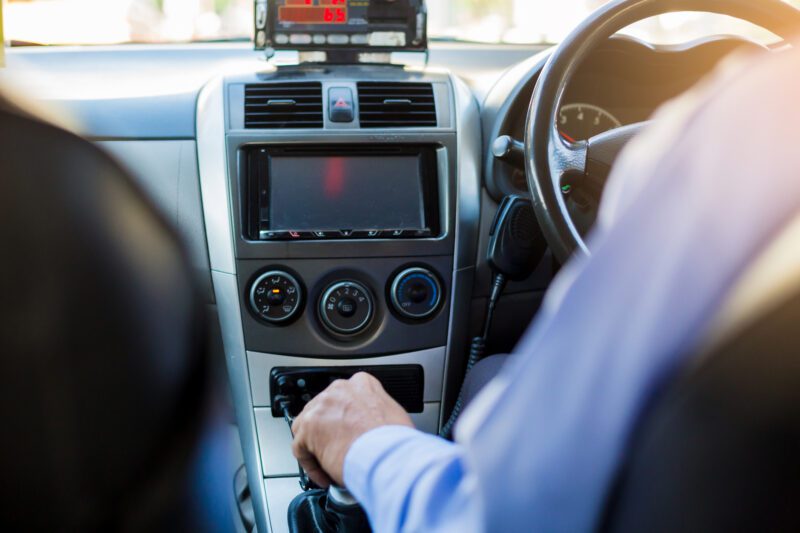Drivers need certainty and stability to run a successful taxi or private hire business.
The maximum fares they charge are set by the licensing authority in the area they operate. These rates are usually in place for 18 months or more, giving plenty of notice when changes are planned. This helps taxi drivers work to budgets to ensure their business is sustainable.
Upheaval
As well as fluctuations in demand, the pandemic and the cost-of-living crisis have caused huge disruption to the taxi industry. There has been a surge in the price of vehicles, parts and repairs, as well as delays, while many taxi and PHV drivers have been charging fares which were set in 2014.
Licensing authorities are starting to get to grips with the need for change, but this does not always address the problem.
Taxi drivers in East Lothian were given a long-overdue 20% rise in fares in February, but, two months later, East Lothian Council increased the cost of private hire badges from £149 to £259, and public hire badges from £149 to £207. The council said the increase was necessary for its licensing services to be self-funding.
While some drivers see the council as giving with one hand while taking with the other, the East Lothian Courier reports that the council’s sub-committee approved an alternative three-year licence which will cost £310, but is only available after drivers have held a one-year badge.
A report to the council said: “The fee review ensures that each particular licence is not either subsidising or being subsidised by the fees for other licences.”
Drivers in neighbouring West Lothian, who were already paying more for their taxi or PHV badge with renewals costing £463.42, have seen fares frozen by West Lothian Council until November 21, 2025.
The Daily Record reports the decision has split opinion within the trade, with some drivers calling for a 10% increase as in nearby Falkirk. They argue that the 2022 rate means drivers are working below the minimum wage.
Others, however, are understandably concerned that any increase would hurt trade as people are already struggling in the cost-of-living crisis.
Fares Increase
Meanwhile, one council has put up fares in line with drivers’ requests – although the move has caused controversy.
Fares in Kenilworth have been put up 30% by Warwick District Council, despite fears the jump might drive passengers away.
While this might seem like a huge leap, it is the first time the council has increased taxi and PHV fares in 10 years.
Kenilworth Nub News reported that the decision had divided the council.
Cllr Jessica Harrison said: “It is eye watering when you just hear 30 per cent, but if you talk about numbers, £6 will increase to £7.65.”
But Conservative opposition group leader Cllr Andrew Day said: “It is such a significant increase in one go. That financial pain will fall disproportionately on a particular group in our community.”
Cllr Judy Falp explained that the pandemic prevented smaller increases from going ahead.
She said: “We did start looking at this in 2019 because we realised how long it had been and then Covid came along.
“That department led on so much in relation to Covid, items like this got dropped, they didn’t have the time to do it and we would have done that had it not been for Covid.
“It is long overdue and it needs to be done. Yes, it is a big hike now, but I don’t see the point in doing a little bit then in 12-18 months they say they need another hike because we are not where we should be.”


